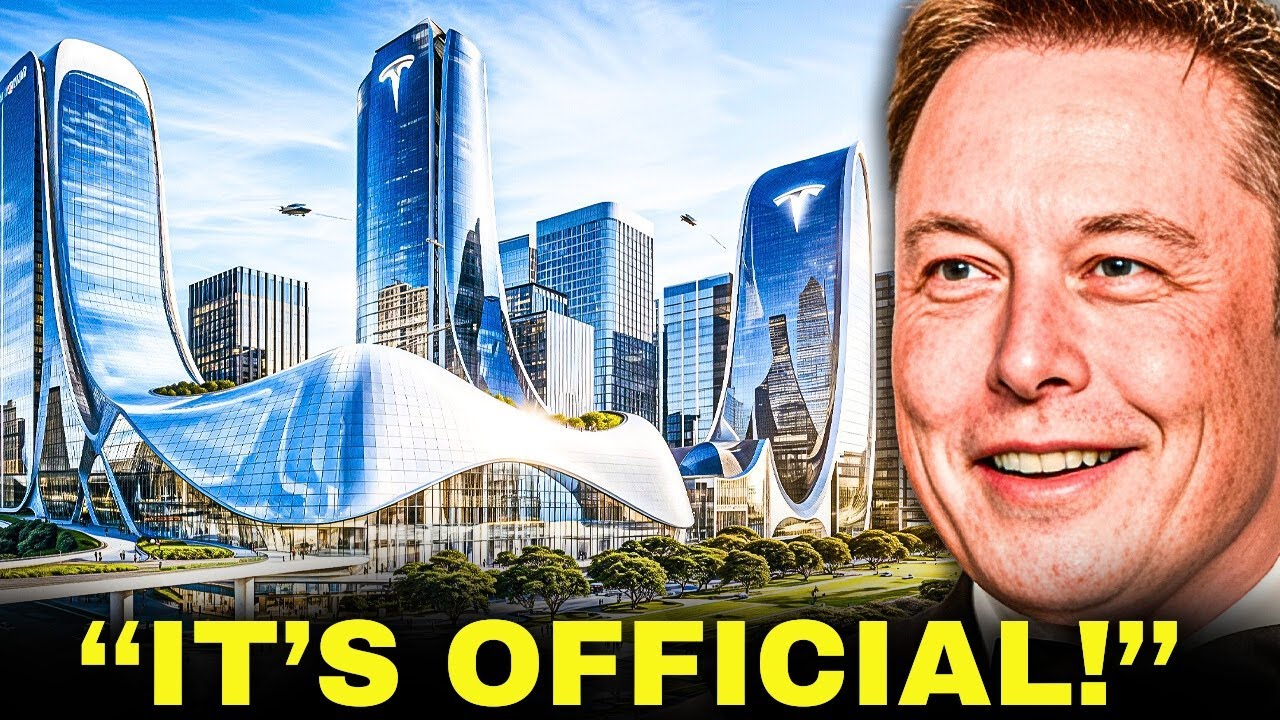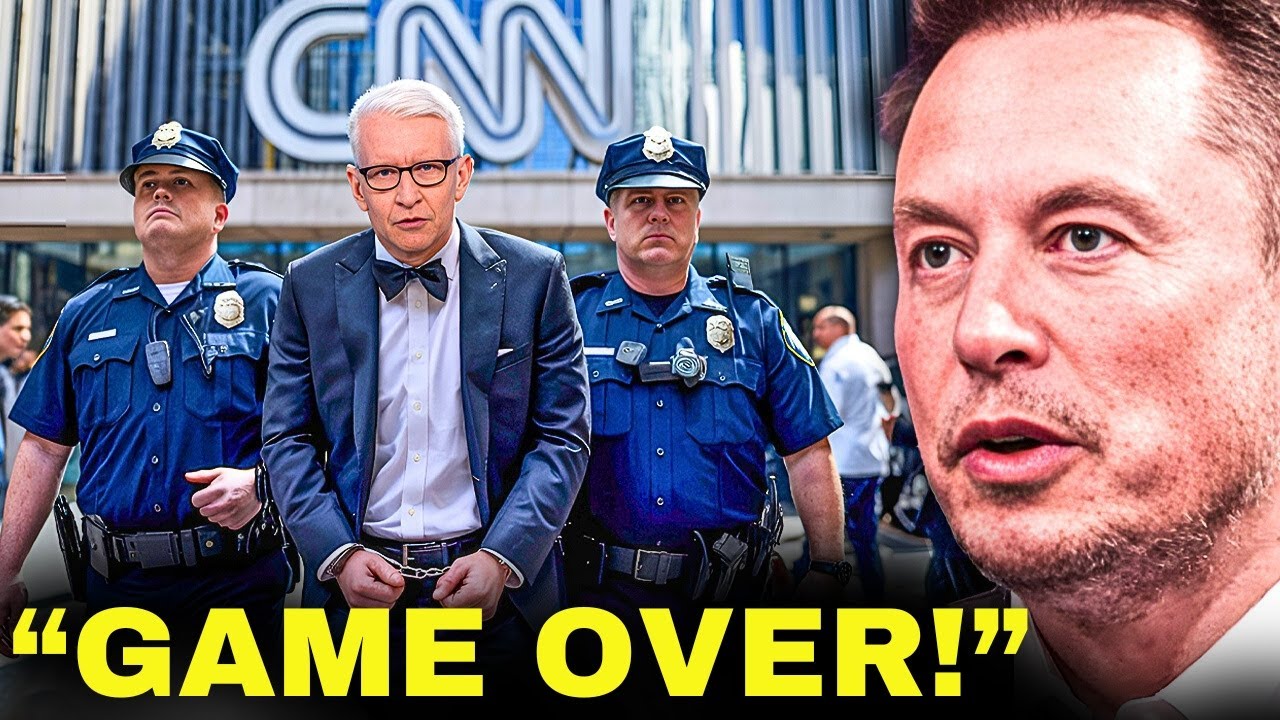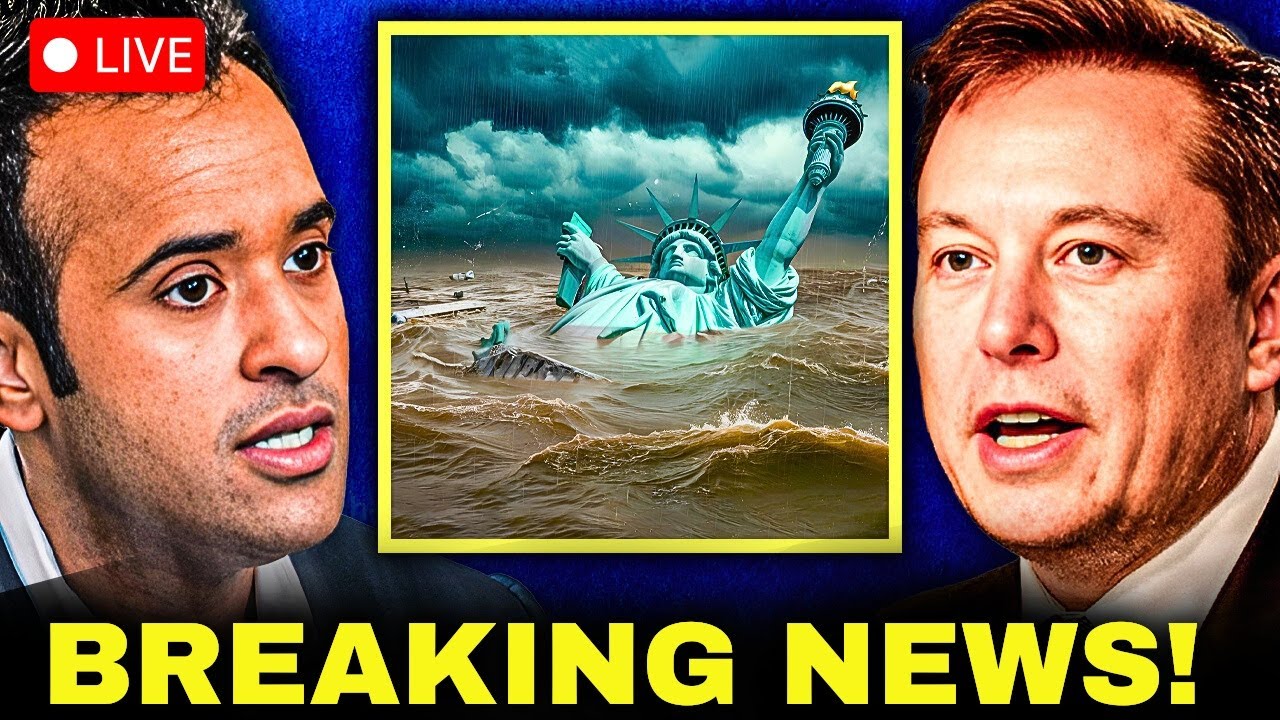In the age of rapid technological leaps and bold ambitions, Elon Musk , has become synonymous with humanity’s aspirations to reach Mars. His dream of making us a “multi-planetary species” is ambitious, relentless, and, to many, inspiring. Yet not everyone in the scientific community is convinced—especially not Neil deGrasse Tyson, the renowned astrophysicist and media personality who’s typically enthusiastic about space exploration.

Recently, Tyson voiced his skepticism, asserting that only governments, with their vast resources and risk tolerance, can truly take on a project as monumental as colonizing Mars., he argues, are merely revisiting NASA’s achievements rather than making true, sustainable progress toward permanent human settlement. Tyson believes that while Musk’s vision is commendable, it may lack the robustness needed for such a colossal, risky endeavor.
Tyson’s Skepticism: The Role of Government in Space Exploration
On the other side, Neil deGrasse Tyson questions whether Musk’s vision, as admirable as it is, can realistically succeed without government support. Tyson’s stance is rooted in history: the most significant milestones in space exploration, from the Apollo moon landings to the Mars rovers, have been led by government-funded projects. According to Tyson, the sheer scale and cost of an endeavor like Mars colonization require resources that only governments can mobilize.
Tyson also points to the risks involved. Mars is harsh, with intense radiation, extreme cold, and no breathable atmosphere. A self-sustaining colony would require not just initial infrastructure but ongoing, costly support and robust contingency planning in case of disasters—an investment that he argues may be beyond the capacity of any private company, regardless of its ambitions. He believes that governments, with their ability to allocate large-scale funding and manage long-term projects, are better equipped for a task of this magnitude.
The Road Ahead: Can Musk Prove Tyson Wrong?
For Tyson, however, the ultimate goal—building a truly sustainable Martian colony—remains far beyond what he believes private companies can handle alone. His stance isn’t about doubting Musk’s passion or ingenuity; it’s about recognizing the scale of the challenge and the resources needed to overcome it.
Conclusion: The Space Showdown of the Century
As humanity stands on the brink of a new era in space exploration, the debate between Musk and Tyson is likely to intensify. If Musk succeeds in his mission, he will not only fulfill his vision of a multi-planetary future but will also redefine what private companies are capable of achieving in space. But if Tyson is right, Musk’s dream may require the support and partnership of national governments to reach its full potential.





